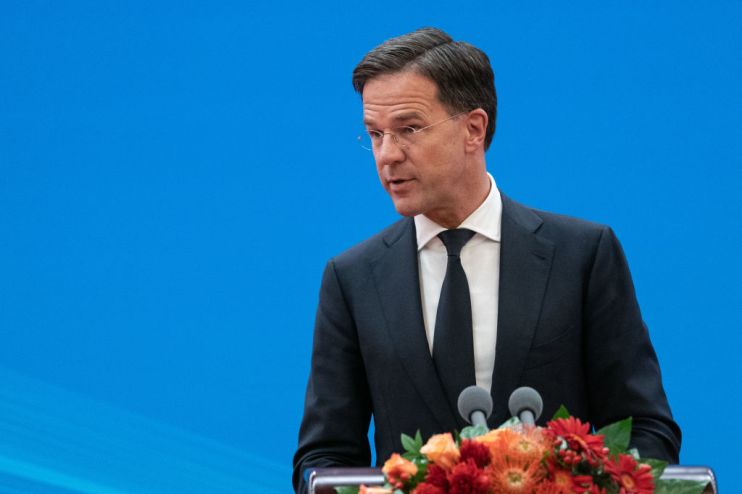Dutch government to boost spending as king warns over Brexit and trade wars

The Dutch government has announced it will increase spending and reduce its budget surplus, days after the European Central Bank (ECB) suggested such a move could help boost Eurozone growth.
Read more: ECB turns stimulus taps back on with first rate cut in three years
The Netherlands’ King Willem-Alexander, speaking as Prime Minister Mark Rutte’s government announced its plans, said trade wars and worries over Brexit amounted to a “profit warning” for the country.
Rutte’s government said that in 2020 it will spend €350m (£310m) on affordable housing, €300m on youth healthcare, €130m on immigration, and €60m on defence.
The government also pledged to lower corporation tax to 21.7 per cent in 2021 from 25 per cent.
The modest spending increases mean the Netherlands will run a budget surplus – the amount it takes in taxes compared to what it spends – of about 0.3 per cent of GDP, down from 1.2 per cent this year.
The decision by the thrifty Dutch government to open its wallet came just days after ECB president Mario Draghi used his monetary policy press conference to say in strong terms that looser fiscal policy is needed to boost Eurozone growth.
The ECB predicts that the zone’s economy will grow by just 1.1 per cent in 2019 and 1.2 per cent in 2020. Inflation is predicted to be one per cent in 2020, half the ECB’s target.
On Thursday, Draghi said that “fiscal policy should become the main instrument” to boost inflation and growth and encouraged the surplus-running Dutch government to activate a €50bn investment programme.
The government today said it would finalise plans to create a national investment fund next year, letting it take advantage of record-low borrowing rates.
Read more: ‘We had to respond’: ECB chief economist defends move to turn on stimulus taps
King Willem-Alexander highlighted Brexit as a particular worry. He said it is “a profit warning for the short term and the long term, that forces us to consider how the Netherlands will earn money in the future and remain a country with good social services”.
(Image credit: Getty)